The Space Concert Club, as it exists now, is the second iteration of this venue, the first having been at a different location, and a few years previous. I discovered it because they put on an experimental show one night, with two gentlemen that I had met through radio (Uneasy Chairs & devilsclub, back in November of 2016). At that time, The Space had only been open for less than a year. I sort of fell in love with the place almost immediately. It’s a very down-home operation, run by three friends: one does the kitchen (Summer), one runs the sound (Stan), and one runs the booking (Doug). After I had established myself in Salem, both on the radio and through ’zines, I approached Doug about booking some semi-regular experimental shows.
|
Austin RichAustin Rich is a musician, radio broadcaster and writer, who currently lives in Salem, Oregon. He is the creative force behind Mini-Mutations, a musical project that creates collage-based audio essays on a variety of political and social concerns. He also hosts Mid-Valley Mutations (an experimental radio program in the vein of Don Joyce's Over The Edge) and WTBC In Beautiful Anywhere, Anywhen (a live performance and interview based program). He's been writing and publishing a variety of 'zines since 1993. |
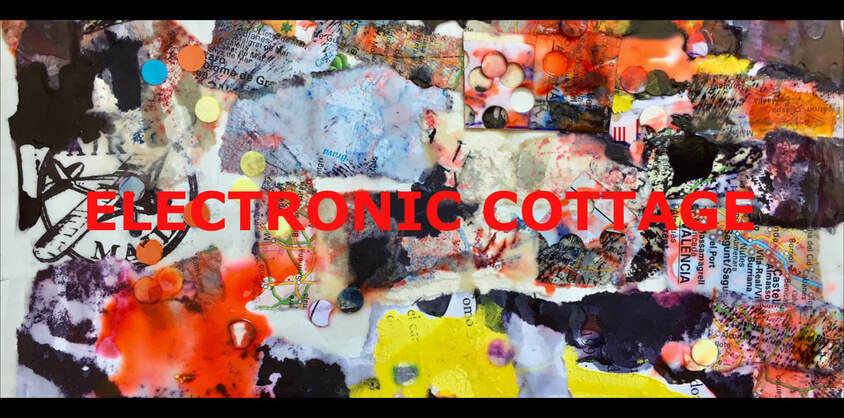
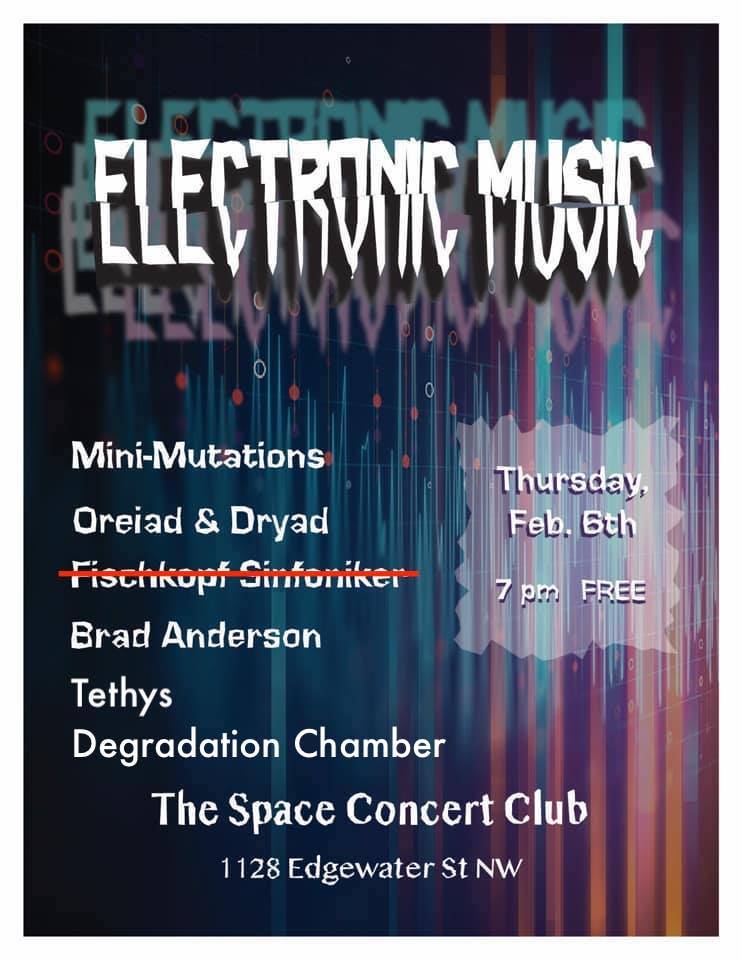
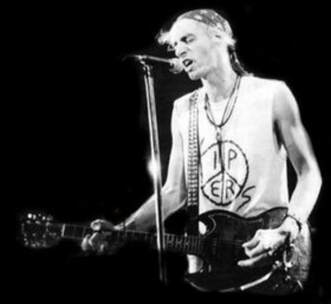
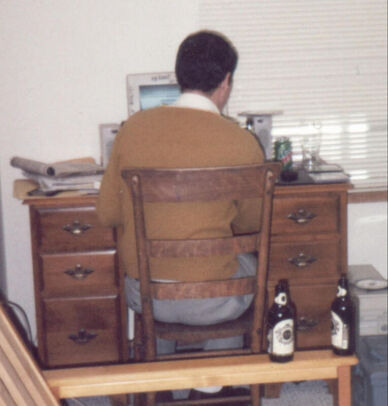
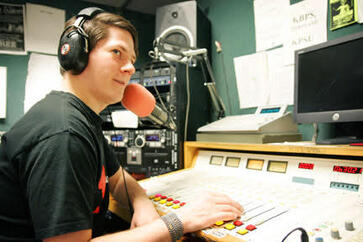
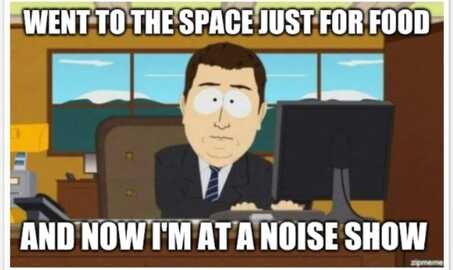
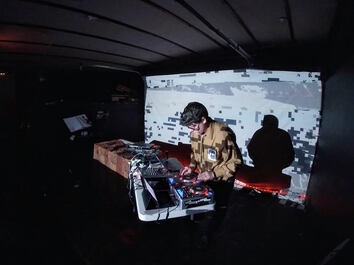
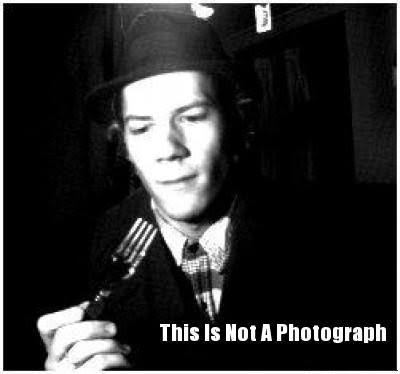
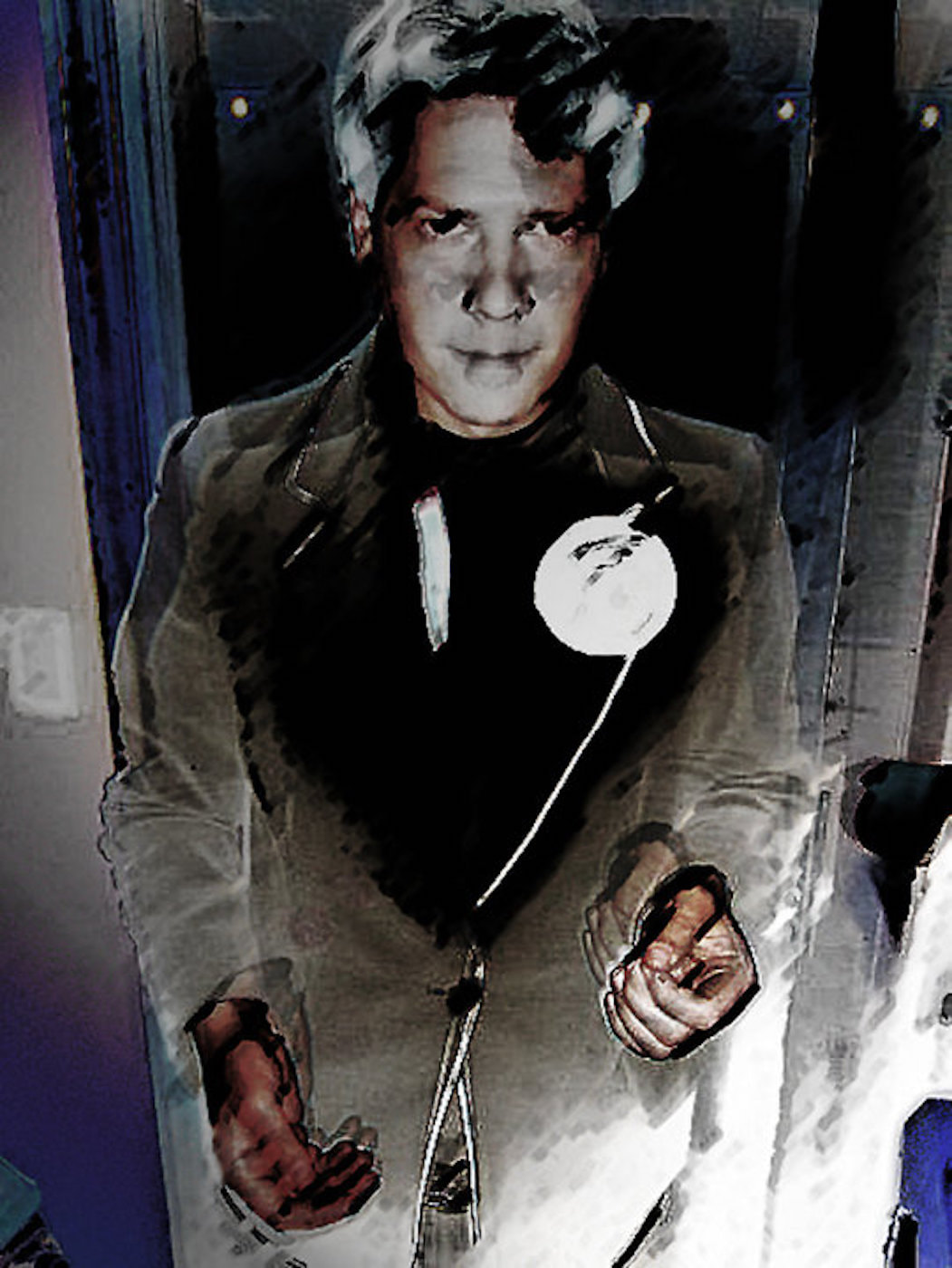
 RSS Feed
RSS Feed